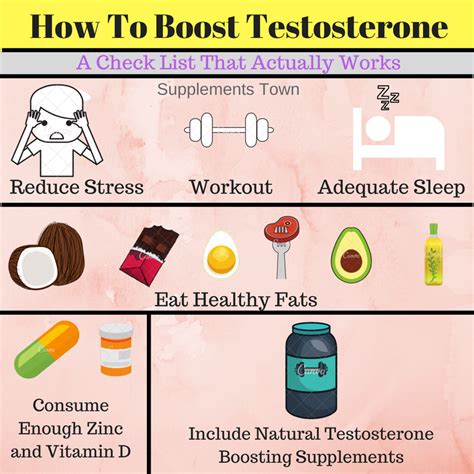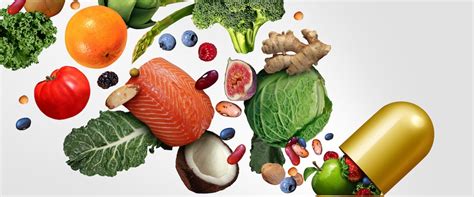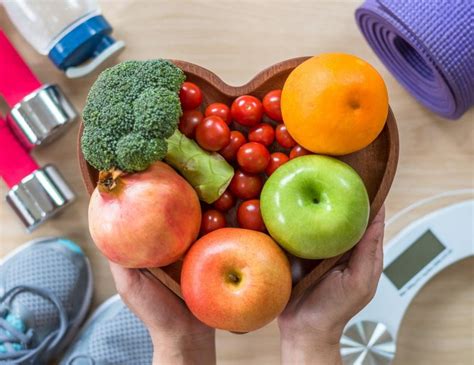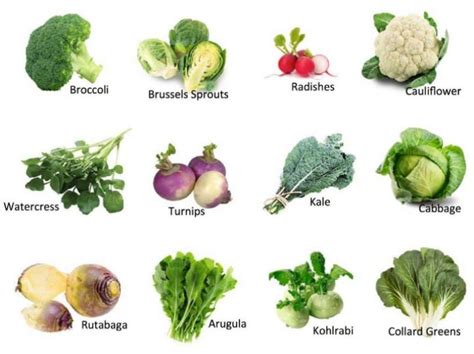Quickest diet tweaks to naturally boost men’s T-levels for peak performance?

Maintaining optimal testosterone levels is crucial for men’s overall health, impacting everything from energy and mood to muscle mass and cognitive function. While many factors influence T-levels, diet plays a significant, often overlooked role. The good news is that you don’t need radical overhauls; a few strategic, quick dietary tweaks can make a substantial difference in naturally boosting your testosterone for peak performance and vitality.
The Foundational Nutrients for T-Production
Your body needs specific raw materials to produce testosterone efficiently. Ensuring adequate intake of these key nutrients is the first, most impactful step.
Zinc: The T-Booster Mineral
Zinc is a critical mineral directly involved in testosterone production. Studies have shown that even a marginal zinc deficiency can lead to a significant drop in T-levels. Incorporating zinc-rich foods into your daily diet is a simple yet powerful tweak. Oysters are legendary for their high zinc content, but other excellent sources include red meat, poultry, beans, nuts (like cashews and almonds), and fortified cereals.

Vitamin D: The Sunshine Hormone
Often referred to as the ‘sunshine vitamin,’ Vitamin D actually functions as a steroid hormone in the body, and its deficiency is widely linked to lower testosterone. While sun exposure is the primary way to get Vitamin D, dietary sources are vital, especially during months with less sunlight. Fatty fish like salmon, mackerel, and tuna are excellent sources. Egg yolks and fortified dairy products or plant milks also contribute. Aim for consistent intake to support healthy hormone synthesis.

Healthy Fats: Fueling Hormone Production
Contrary to outdated beliefs, healthy fats are essential for hormone production, including testosterone. The body requires cholesterol as a precursor for steroid hormones. Focus on monounsaturated fats (MUFAs) and polyunsaturated fats (PUFAs), while limiting trans fats. Incorporate avocados, olive oil, nuts (almonds, walnuts), seeds (chia, flax), and fatty fish rich in Omega-3s. These fats not only support T-production but also contribute to overall cardiovascular health and inflammation reduction.

Strategic Food Choices for Hormonal Balance
Beyond specific nutrients, certain food groups can actively support or hinder your T-levels by influencing hormonal balance.
Cruciferous Vegetables: Estrogen Balancers
Cruciferous vegetables like broccoli, cauliflower, Brussels sprouts, and kale contain compounds such as indole-3-carbinol (I3C) and diindolylmethane (DIM). These compounds help the body metabolize and excrete excess estrogen, which can be beneficial as elevated estrogen levels in men can sometimes suppress testosterone. Adding a serving of these vegetables daily is a simple, powerful way to help maintain a healthy T-to-estrogen ratio.

Limit Sugar and Processed Foods
Perhaps one of the most impactful tweaks is reducing your intake of refined sugars and heavily processed foods. High sugar consumption can lead to insulin resistance and chronic inflammation, both of which are detrimental to testosterone production. Processed foods often lack essential nutrients and can contribute to weight gain, which is also associated with lower T-levels. Opt for whole, unprocessed foods as much as possible, choosing natural sweetness from fruits when cravings strike.
The Often Overlooked: Hydration and Consistency
While specific foods are key, the basics shouldn’t be forgotten.
Stay Adequately Hydrated
Proper hydration is fundamental for all bodily functions, including hormone synthesis and transport. Dehydration can stress the body, potentially impacting testosterone levels indirectly. Make water your primary beverage and aim for at least 8-10 glasses a day, more if you’re active.

Boosting your testosterone levels naturally doesn’t require drastic measures or expensive supplements. By consistently incorporating zinc-rich foods, embracing healthy fats, ensuring adequate Vitamin D, balancing estrogen with cruciferous vegetables, and cutting down on sugar, you can make significant strides towards optimizing your T-levels. These quick, sustainable diet tweaks are your pathway to enhanced energy, improved mood, better physical performance, and overall peak vitality.









